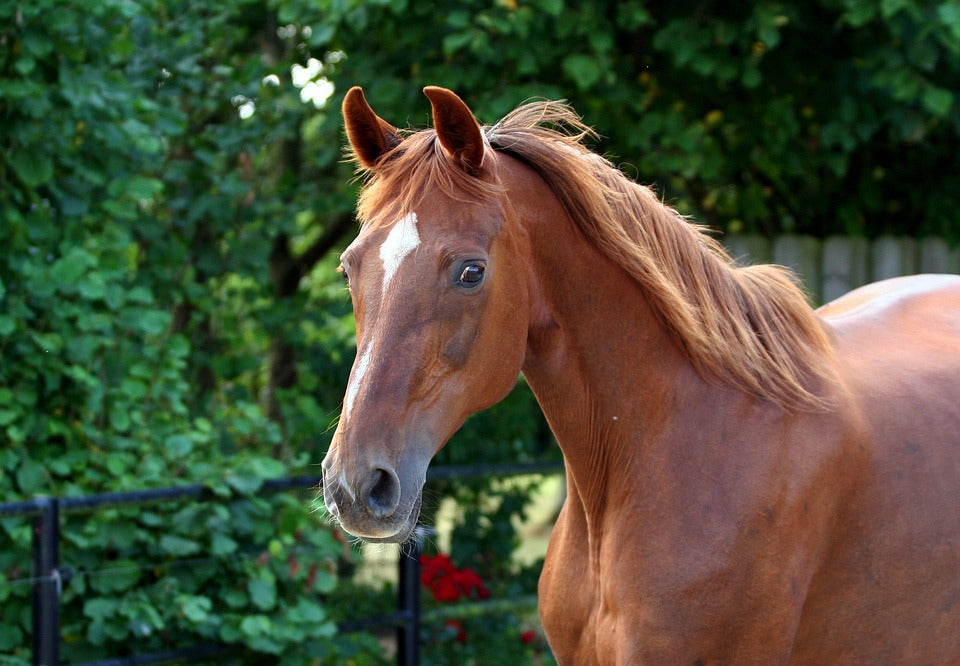The horse world is no slouch when it comes to old wives` tales and superstitions. It`s Friday the 13th this week, the first of two in 2023, so what better time to have a closer look.
In honour of this day, we`ve rounded up 5 of the most common old wives` tales and superstitions. Horsey ones that people used to and still believe in today! We`ve done the scientific research to find out if there could be a bit of truth or not at all.
(Please Note: We couldn`t share 13 old wives` tales and superstitions because... that number is bad luck)
Chestnut mares are crazy

An Australian study found no evidence to support that but what they did find suggests chestnut horses have the boldness trait that may have come with their colour.
Coat colour genetics and horse behaviour researchers found chestnut mares were more likely to approach unfamiliar objects and animals in the environment than bay mares. In fact, a chestnut horse of any gender are bolder than bay horses.
Perhaps this boldness when coupled with a hormonal mare is what keeps this old wives`tale going?
Whorls or swirls cue temperament of a horse

Photo Murphy & Arkins
The Bedouins in Arabia and European Gypsies believed that whorls on the forehead indicated temperament of a horse but in modern times the theory gained some acceptance through the work of horsewoman Linda Tellington-Jones. Her studies showed swirls can be used as a guide for training horses.
A single swirl on the forehead indicated an uncomplicated nature, intelligent, trainable
Two or more on the forehead indicated a more complicated personality
A study from the University of Limerick in Ireland in 2008 demonstrated that horses with clockwise hair whorls were significantly more right handed and the horses with counterclockwise whorls more likely to move left.
And Murphy & Arkins in another study suggest findings could assist trainers.
White hooves are softer and weaker

And of course, there`s a poem!
One white foot, buy him
Two white feet, try him
Three white feet, doubt him
Four white feet, do without him
But science has long been telling us otherwise. After diving into the research, it appears that there is no correlation between the pigmentation of the hooves and their strength. Farriers, veterinarians and other experts state there is no difference between black and white hooves.
Blue eye (or eyes) are crazy horses

Some people get the superstitious heebie-jeebies when they see a blue-eyed horse. They think it’s bad luck or hints toward a spooky crazy horse. Stories may have developed around blue-eyed horses because to some it may appear strikingly odd.
There is no scientific evidence that there is a link between eye color and temperament. Some blue-eyed horses have fiery personalities, while others are docile.
It is just a matter of pigmentation and pigmentation doesn`t make them crazy, it makes them beautiful!
It`s bad luck to change your horse`s name
Really? Beware, this myth is indeed pure superstition but many people will not change their horse`s name. No need to be cautious. Have you got an OTTB with a racing name, sometimes you might need to change a silly registered name. Feel free to change with confidence, the science isn`t there that it will bring bad luck!
Know of any other old wives` tale and superstitions about horses?
Thank FEC it`s Friday the 13th.
It`s your lucky day. Get 13% off our convenient faceal egg count (FEC) poo sample collect and send Kits for WormGuide better precision worm egg count testing.
Use Code: Luck13 on Friday the 13th `til midnight.
Build a better worm control program, together!










